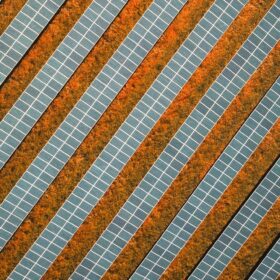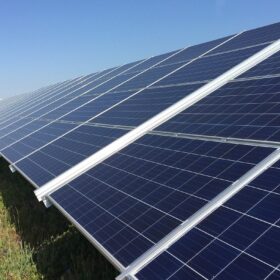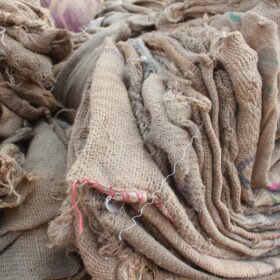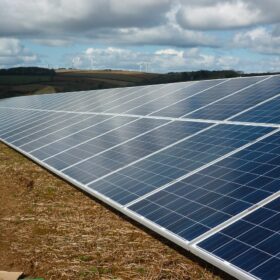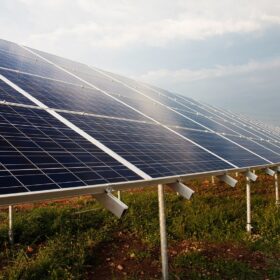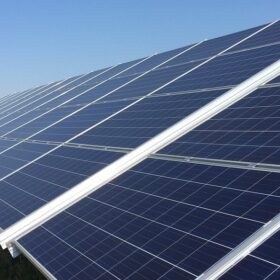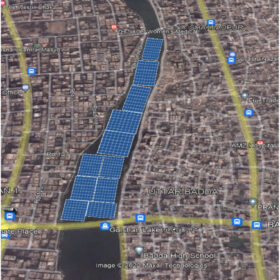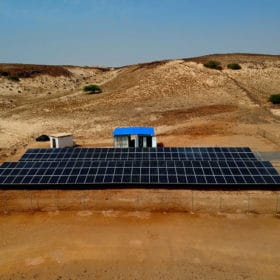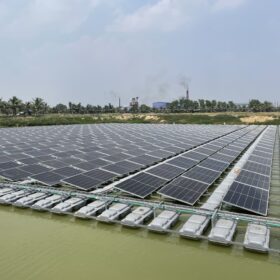Bangladesh approves tariffs for 370 MW of solar
Bangladesh has approved tariffs of $0.10/kWh for 370 MW of solar at three sites, ranging in size from 70 MW to 200 MW, as the government seeks to expand its generating capacity. The country also has a 1.2 GW pipeline of solar projects under construction.
Large-scale PV projects proliferate in Bangladesh
This week, the Bangladeshi authorities have been approving or reviewing three more large scale solar power projects, for a total capacity of 300 MW.
Bangladesh Jute Mills Corp. signs PPAs for 90 MW of rooftop PV
Bangladesh Jute Mills Corp. (BJMC), which manages all government-owned jute factories and industries in the South Asian country, has agreed to buy power from six different project developers under a 20-year power purchase agreement (PPA).
ACWA Power to build 300 MW solar plant in Bangladesh
ACWA Power says it will build a 300 MW solar plant in Bangladesh to supply power to the Bangladesh Power Development Board (BPDB) at a rate of $0.1020/kWh.
Chint secures approval to build 100 MW of solar in Bangladesh
Chint has obtained approval to build a 100 MW solar project in Bangladesh, in order to supply electricity to Bangladesh Power Development Board (BPDB) under a 20-year power purchase agreement (PPA) at a fixed tariff of $0.0998/kWh.
Bangladeh approves 50 MW solar project at $0.098/kWh
The Bangladesh Power Development Board (BPDB) has approved plans to build a 50 MW solar project in northwestern Bangladesh. The installation will sell power to the BPDB under a 20-year power purchase agreement (PPA) at a rate of $0.098/kWh.
Bangladesh improves conditions for domestic independent power producers
The government of Bangladesh has taken steps to improve conditions for independent power producers (IPPs) that develop utility-scale projects, in order to attract more domestic investments in solar and renewables.
Floating solar may reach LCOE of $0.0341/kWh in Bangladesh
New research shows that floating PV plants may have superior generating capabilities compared with ground-mounted PV plants in several areas of Bangladesh. Furthermore, the study indicates that floating arrays in the country may reach a levelized cost of energy ranging from $0.0341/kWh to $0.0486/kWh depending on the location.
Bangladesh introduces fiscal breaks for solar-powered water desalination
Bangladesh has introduced tax exemptions to reduce water production costs and promote the use of solar power in 19 coastal districts. This initiative comes in response to grid electricity shortages caused by a decline in coal and fuel imports. The goal is to enhance reliance on solar-powered water desalination in these areas.
Bangladesh switches on nation’s largest floating PV plant
Joules Power has switched on Bangladesh’s largest floating PV plant, with an installed capacity of 3.2 MW. The facility, which is situated on a fish pond, will supply electricity to a nearby rice mill.
